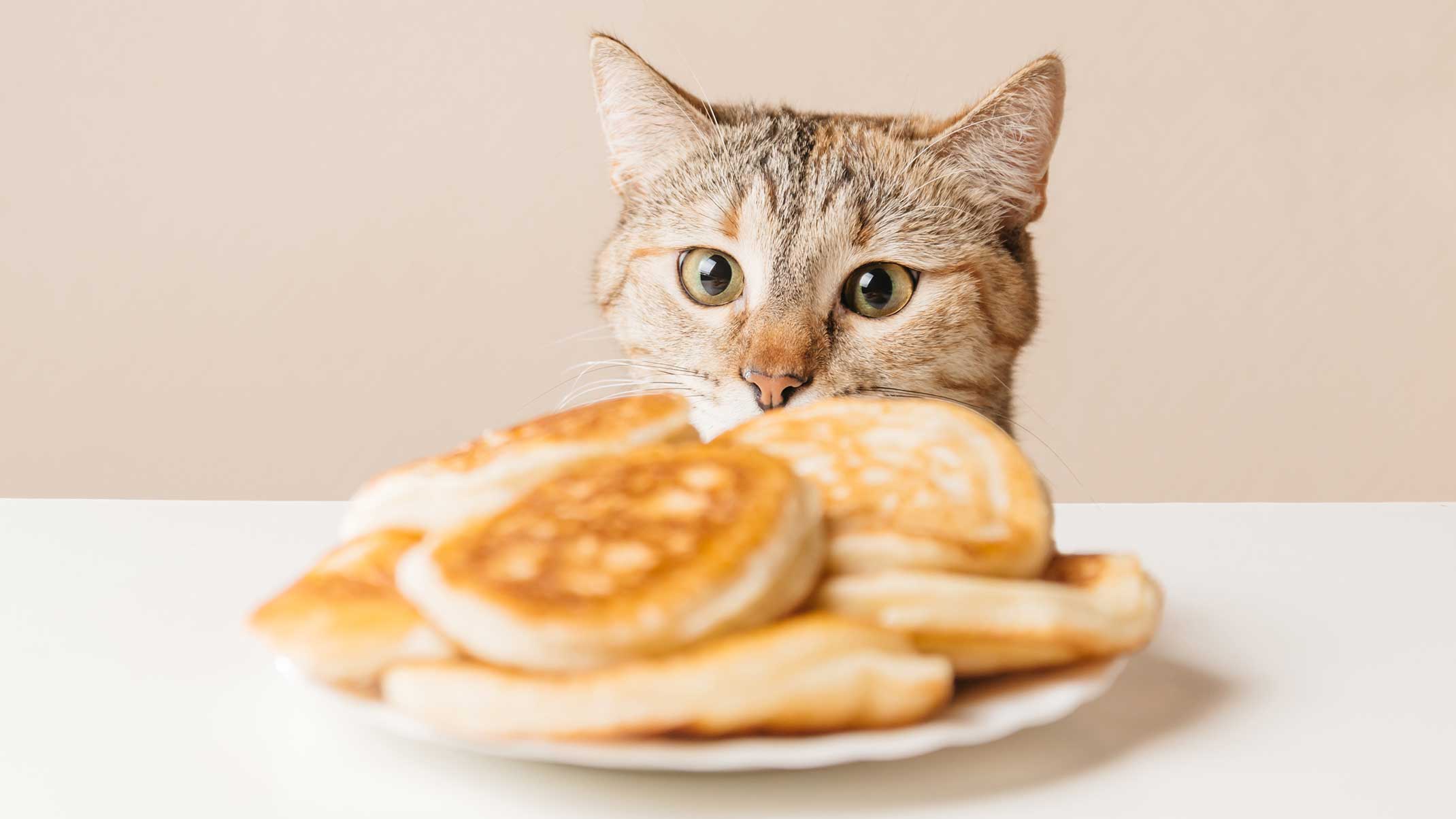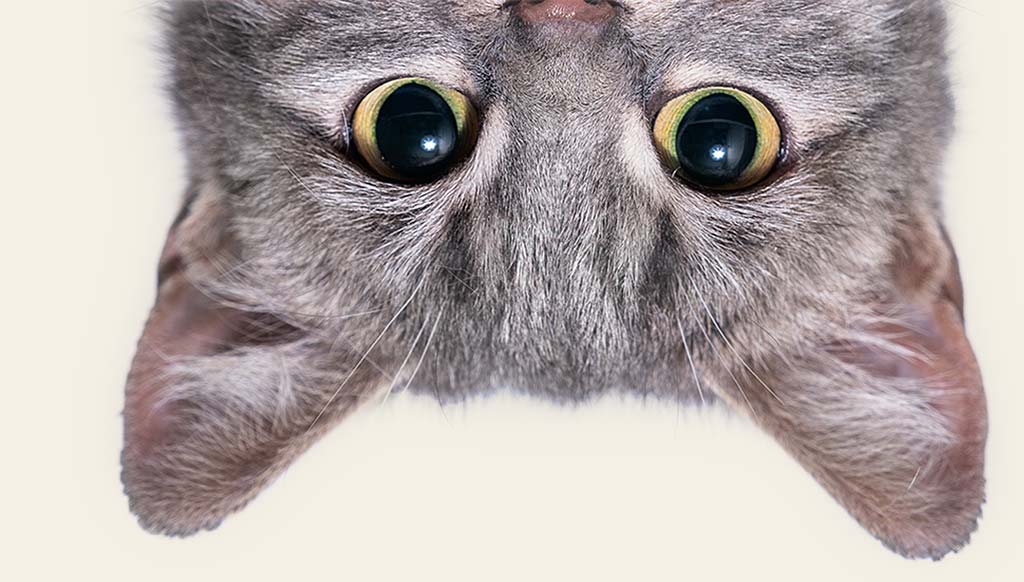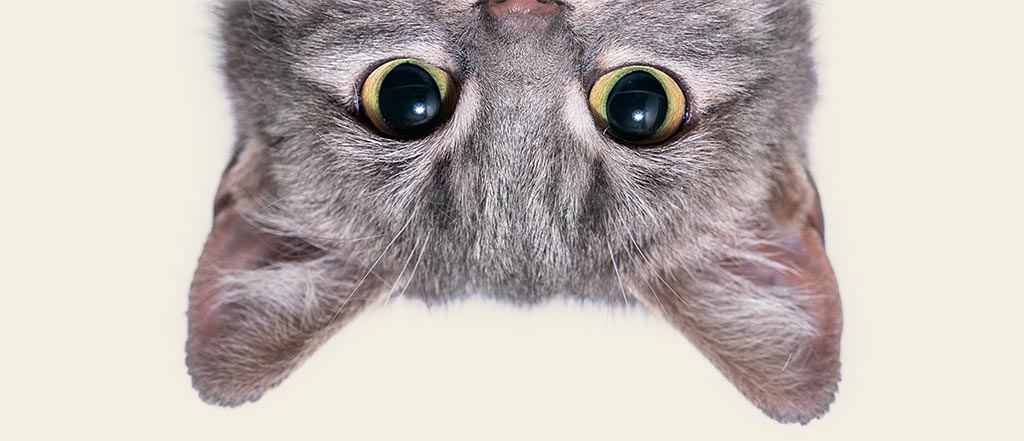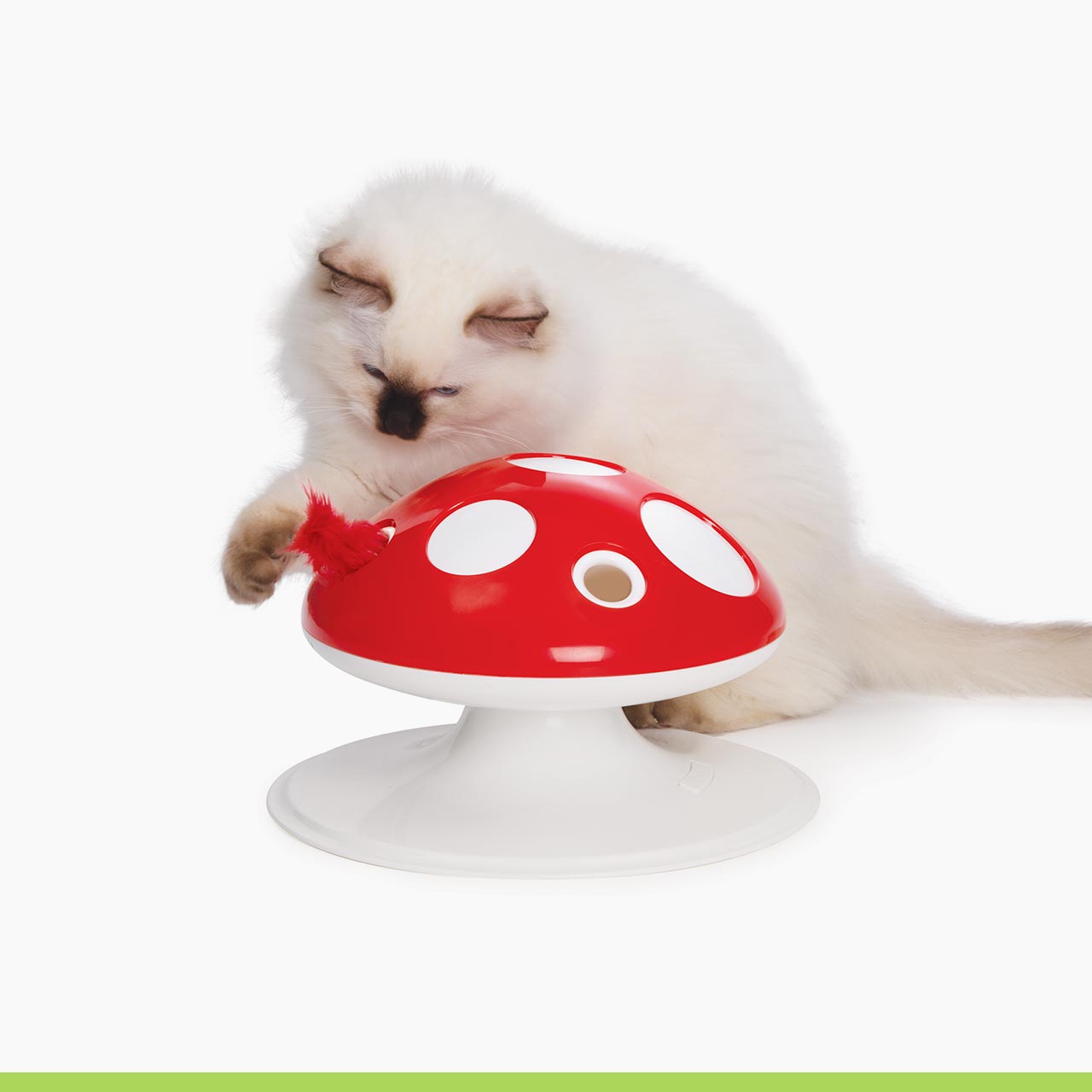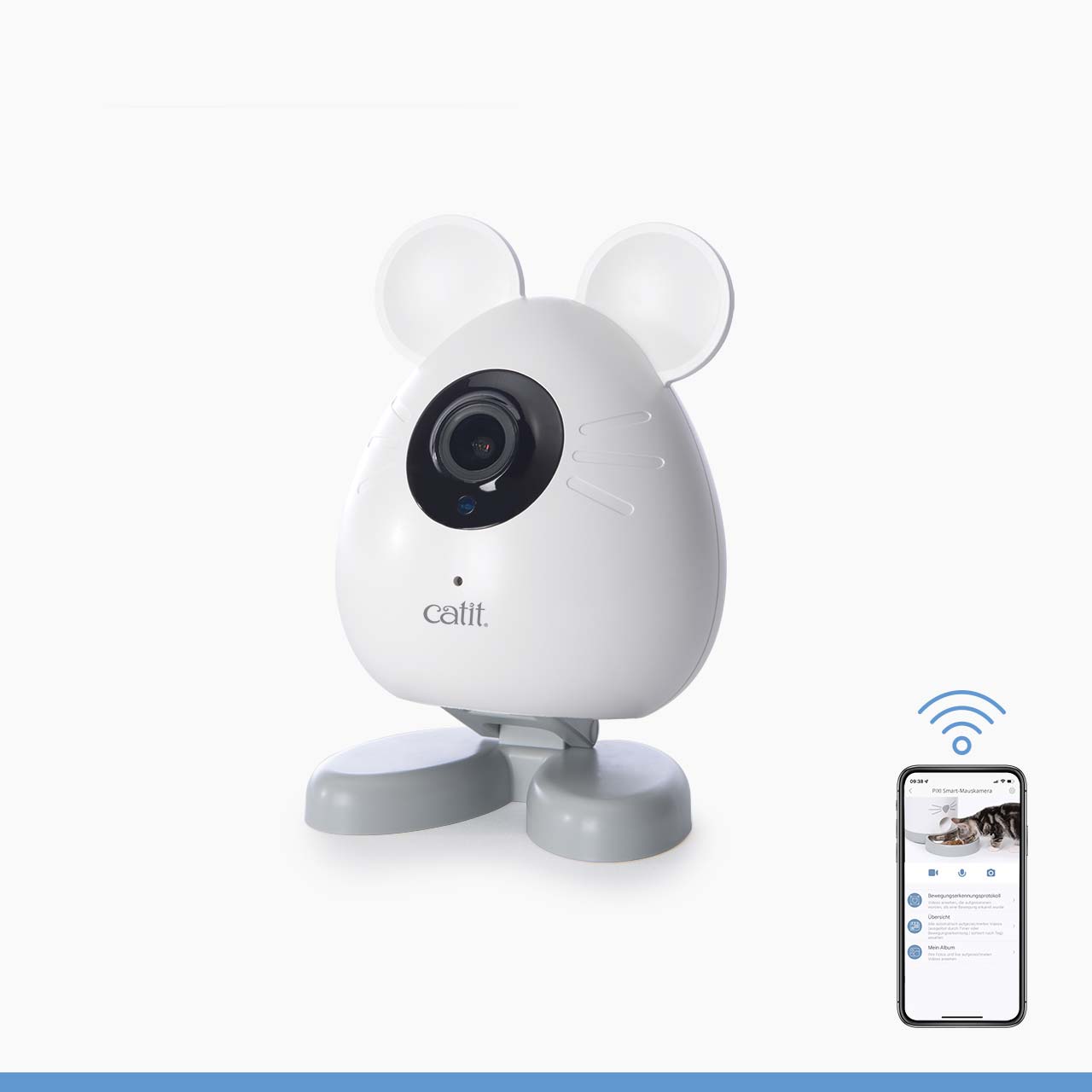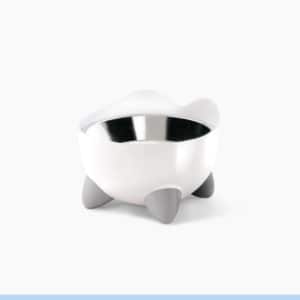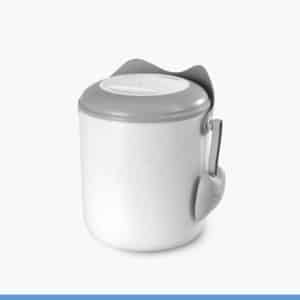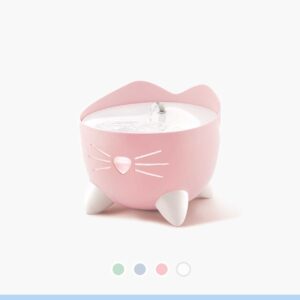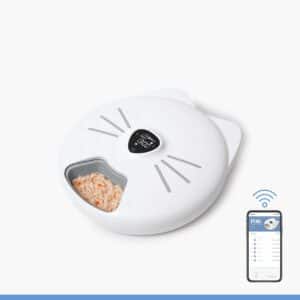In this article
Grapes and raisins
Whether fresh or dried, grapes do pose a risk to cats as they can cause kidney failure in your cat. While your kitty probably doesn’t have a taste for these berries, they might love certain dishes that contain grapes or raisins, such as grape sauce or grapes in gravy.
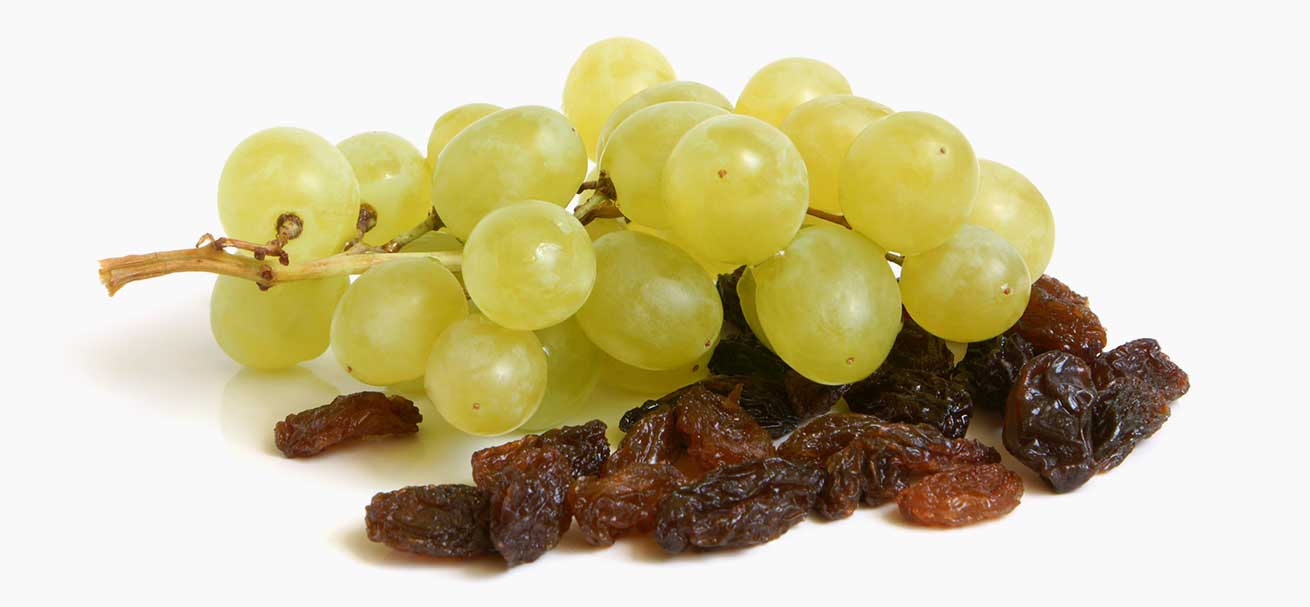
Onions and garlic
Onions, garlic, scallions, shallots, and chives all belong to the same family, and all are dangerous to cats. The one that you should definitely keep away from your feline friend is onion. This vegetable contains an oxidant called n-propyl disulfide, which when ingested by your cat, will break down their red blood cells, leading to anemia and possibly death. As just 1 gr of onion is enough to be toxic to a 5-pound cat (2,3 kg), make sure to never ever serve your cat a homemade dish that contains onion.
Chocolate
Due to their habit of eating pretty much anything they come across, dogs are susceptible to chocolate poisoning, but this doesn’t mean you shouldn’t keep your sweets out of reach of your cat. Just 1 ounce of chocolate (30 g) can severely harm your 8.8-pound cat (4 kg).
Never miss an issue of the FREE My Cat Exclusive digital magazine!

Alcohol & yeast dough
When yeast in dough ferments, it produces carbon dioxide and ethanol alcohol – the same type of alcohol you find in alcoholic beverages. Alcohol is dangerous to cats, as it can lead to seizures, respiratory failure and even death. Therefore, keep any alcohol away from your cat. Also be extremely careful with antifreeze! Cats find the liquid highly appealing, yet just a few laps will quickly prove deadly.
Raw eggs
While boiled eggs are a true superfood for cats, it’s better not to give your cat any raw ones. Raw eggs can carry E. coli or salmonella, which can upset your cat’s intestines or stomach. Luckily, boiling them until they are well done inside, eliminates the risk. The same goes for avidin – a protein that interrupts the adsorption of biotin and complex B vitamins. Once an egg is cooked or boiled, avidin levels are greatly reduced, making it a tasty and healthy treat for your feline friend.
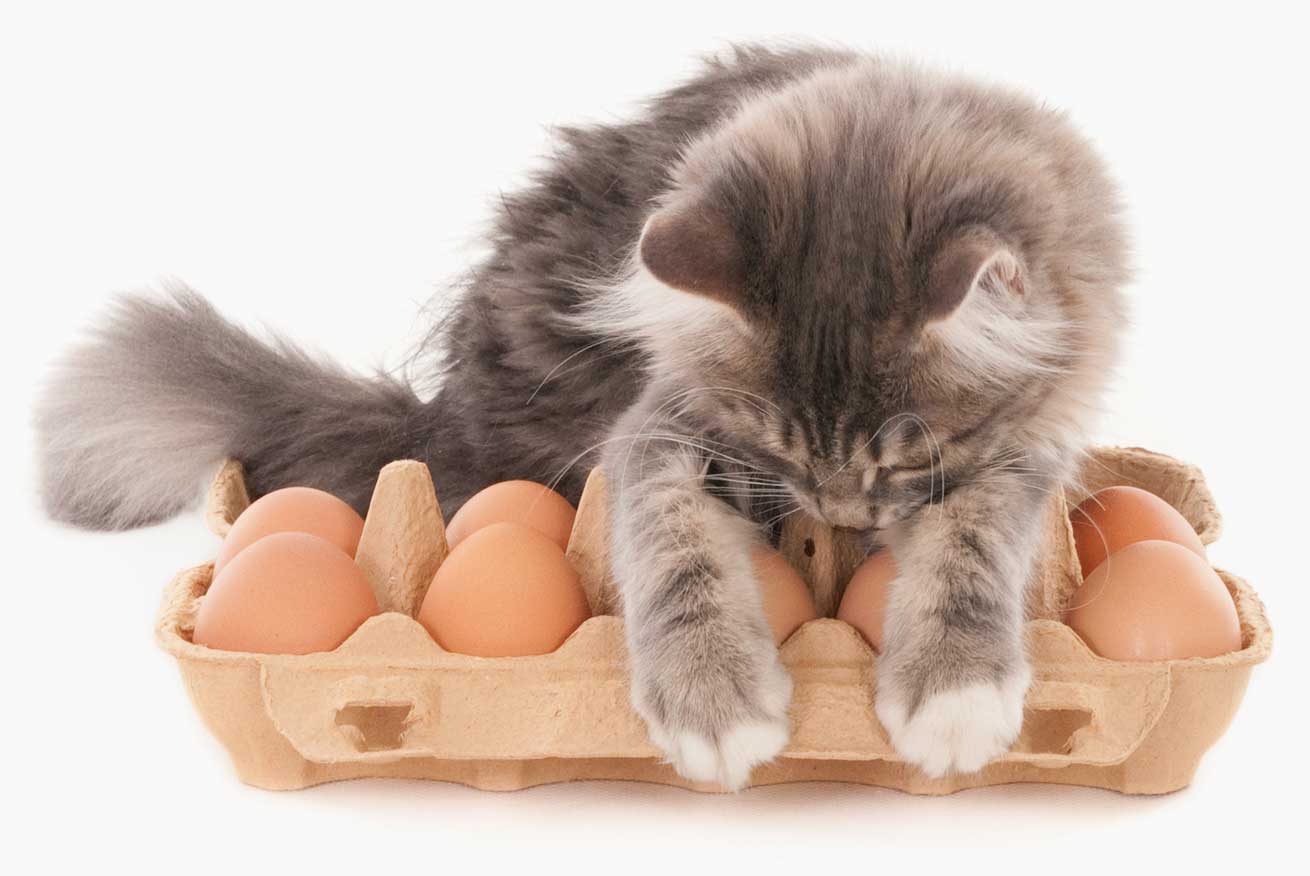
Bones
While cats tend to be fond of leftover bones, never allow your cat to gnaw on them. When bone is cooked, it becomes brittle and highly prone to splintering. Sharp edges can severely injure your cat’s mouth, stomach, or intestinal lining, and might even cause a rupture or blockage. To be safe, keep any bones out of reach of your feline friend.
Bonus: dog food
While your cat will probably happily steal your pup’s food, allowing them to do so isn’t the best idea. The nutritional needs of a cat are very different to those of a dog, which means feeding your cat dog food will soon result in deficiencies, the most important ones being vitamin E and taurine. Also read our blog on taurine to find out what it is and why it is vital for cats.
